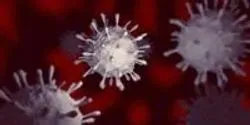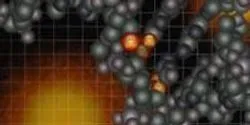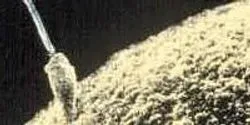Biological Sciences

Flu epidemics cause up to half a million deaths worldwide each year, and emerging strains continually threaten to spread to humans and cause even deadlier pandemics. A study by McGill University professor Maziar Divangahi published by Cell Press on April 10 in the journal Immunity reveals that a drug that inhibits a molecule called prostaglandin E2 (PGE2) increases survival rates in mice infected with a lethal dose of the H1N1 flu virus. The findings pave the way for an urgently needed therapy that is highly effective against the flu virus and potentially other viral infections.

Scientists reported yesterday (Apr. 10) the first human recipients of laboratory-grown vaginal organs. A research team led by Anthony Atala, M.D., director of Wake Forest Baptist Medical Center’s Institute for Regenerative Medicine, describes in the Lancet long-term success in four teenage girls who received vaginal organs that were engineered with their own cells.

Diagnostic effectiveness is driving the accelerated acceptance of Stanbio Laboratory’s Beta Hydroxybutyrate LiquiColor® reagent in U.S. hospital chemistry laboratories. The assay is used primarily for determining both the presence and degree of ketosis in suspected diabetic ketoacidosis cases.

Thermo Fisher Scientific has released a new technical note which demonstrates the complete recovery of human hormones from drinking water.

Researchers at the Wayne State University School of Medicine are among more than 250 scientists in 114 labs in more than 20 countries and regions to publish a series of coordinated papers, including landmark papers in Nature and ten other journals, revealing a definitive list of human cell states that has the potential to serve as an essential resource for regenerative medicine.















